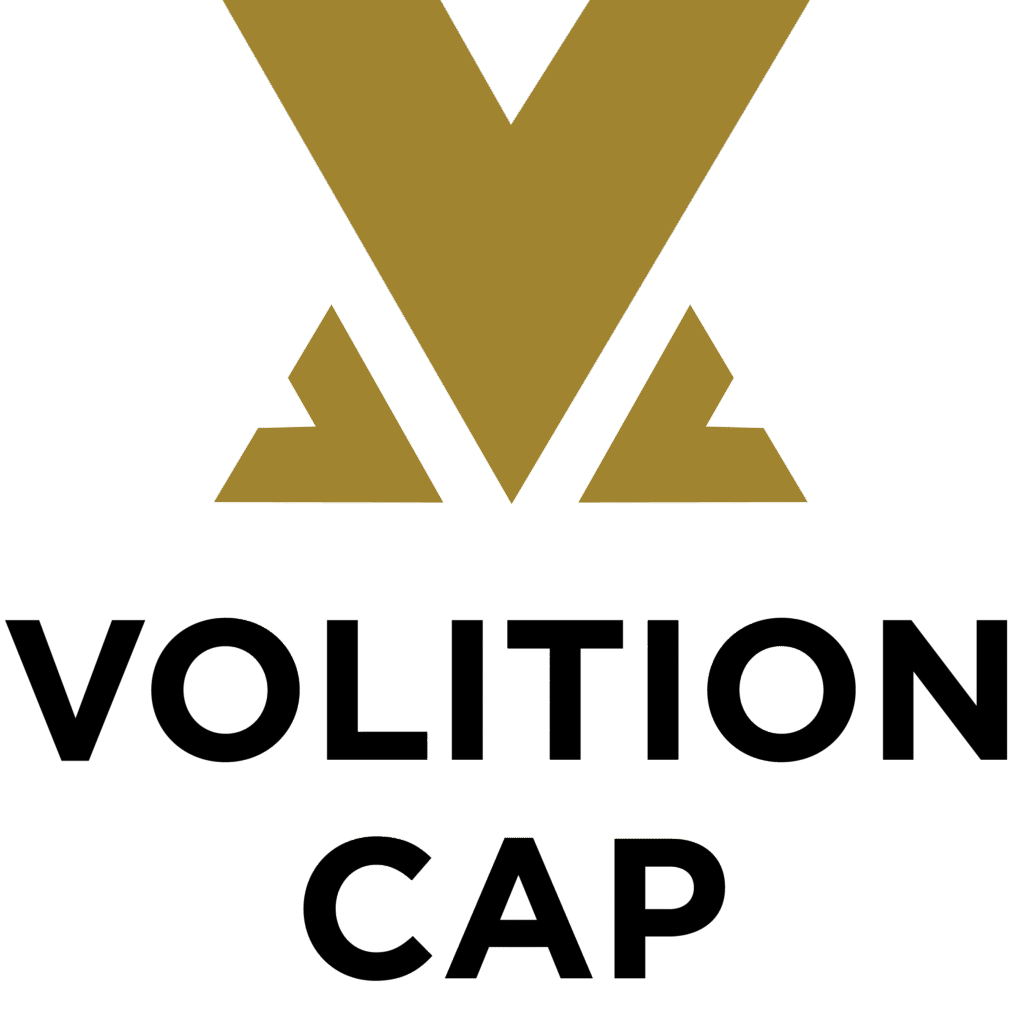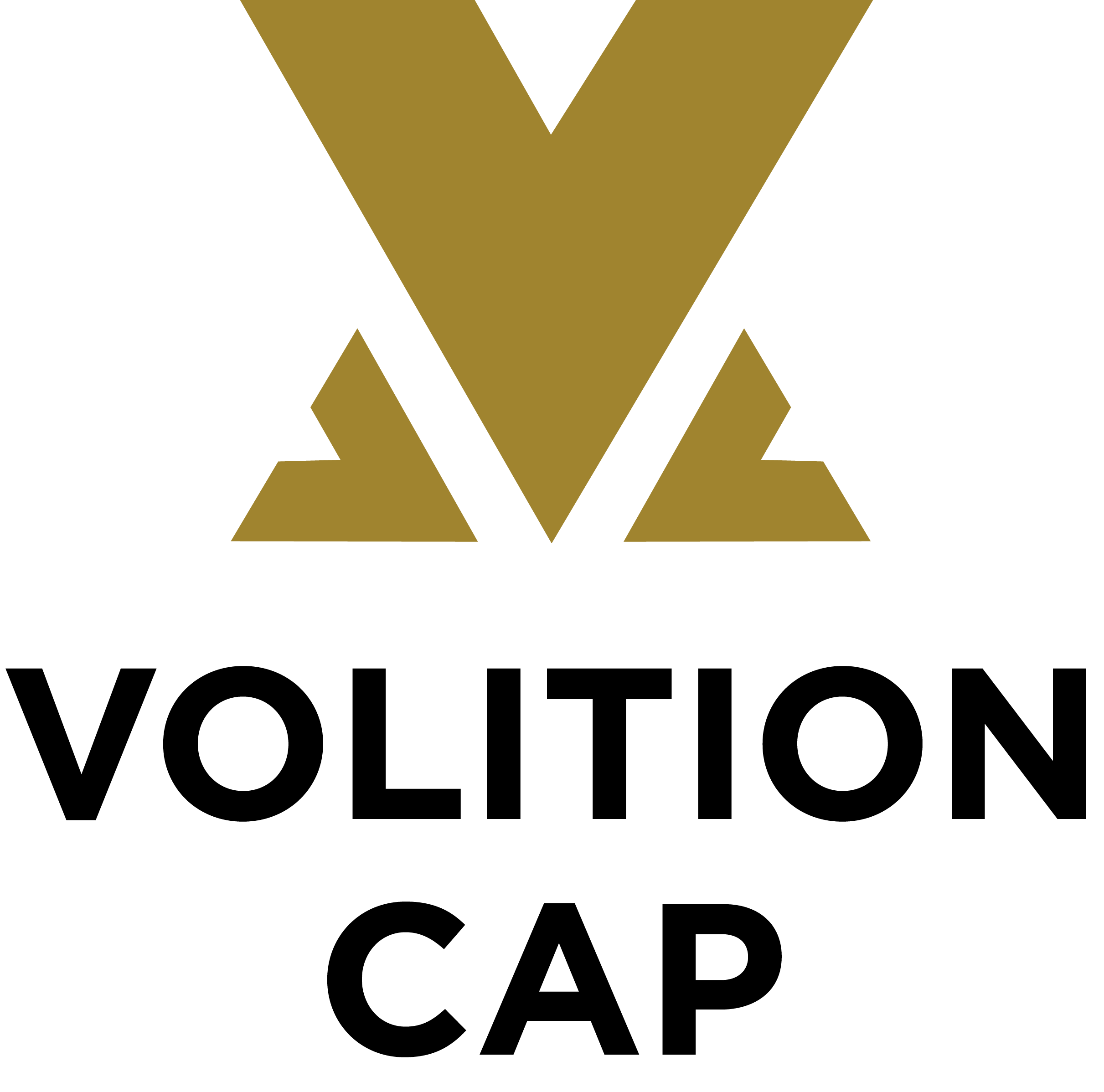The global insurance industry maintained steady growth in 2019 as premiums increased by 3.0% to $6.3 trillion representing 7.2% of Global GDP (Gross Domestic Product). Insurance is a big deal everywhere else. This post examines the Nigerian situation. What makes up the Nigerian insurance industry and how is it doing?
Stakeholders
According to BusinessDay, 57 registered companies make up the Nigerian insurance industry. 14 of them are life insurers while 43 are non-life insurers. There are also 2 reinsurance companies whose roles are to provide technical security and capacity for the insurance companies. Most insurance companies are incorporated pursuant to the Companies and Allied Matters Act 1990 (An Act that has been replaced with the Companies and Allied Matters Act 2020). Other stakeholders include agents (individual and corporate), brokers, surveyors and third party administrators servicing health insurance.
There are 460 registered insurance brokers and about 15,000 insurance agents. The Nigerian insurance market has been described as a brokers’ market because brokers currently control over 90 per cent of the premium income, with less than 10 per cent for insurance agents and even direct marketing channel by insurers. The National Insurance Commission (NAICOM) is the regulator that exercises supervisory and administrative capacity over the insurance business in Nigeria.
How is the insurance industry doing?
In the Nigerian insurance sector, growth was faster than the country’s economic growth of 2.3%, as the sector expanded 3.6% in 2019, according to the National Bureau of Statistics. In June 2020, Fitch Solutions predicted that the Nigerian insurance sector would witness considerable growth in the medium to long term, despite an interruption in 2020 due to the COVID-19 pandemic. The life insurance segment is expected to grow its premiums to as much as N207.96 billion by 2024. On the other hand, the non-life insurance segment of the market (which is significantly larger), is projected to grow its premiums by a revised 2.9% to N248.85 billion in 2020.
It was however mentioned in the report that these projected growths are not going to come about easily, mainly due to Nigerians’ general lack of enthusiasm for insurance. In our last post, we said a lot about the insurance culture. Didn’t we? According to Fitch Solutions, premiums growth will continue to be limited due to expected low average earnings by the insurance firms. Widespread poverty and general indifference were identified as a major factor making it impossible for a lot of Nigerians to access insurance covers.
Could they have foreseen October though?
Hoodlums and what not
As you know already, peaceful protests staged against the activities of the Special Anti-Robbery Squad (SARS) were hijacked by hoodlums, who then began the destruction of both private and public properties. Remarkably, the Lagos State Governor, Babajide Sanwo-Olu, was reported to have said the state alone would need N1 trillion for reconstruction after the destruction caused by the hoodlums.
Importantly, stakeholders expect insurance claims to run into billions of naira. Would this be overwhelming for the insurance players? The sector is yet to recover from the effect of the Covid-19 pandemic which has resulted in an increase in health, travel and business disruption claims. Afterall, it posted a contraction of 29.53% in the second-quarter GDP report published by the National Bureau of Statistics (NBS).
Foreign interest
According to Oxford Business Group, Nigeria’s insurance sector is attractive chiefly for its potential. The number of uninsured prospective customers is among the world’s largest within a single market. Nairametrics noted that foreign players have been showing serious interest in the Nigerian insurance sector. A typical example is AXA, a French insurance company which has stakes in Nigeria’s AXA Mansard Insurance Plc. Other examples are South Africa’s Old Mutual Ltd and Sanlam Emerging Markets (Proprietary) Ltd.
Way Forward
Agusto & Co noted that with more than half of the population living below the poverty line, the idea of insurance is unthinkable to a significant number of Nigerians. In addition, consumer purchasing power continues to be negatively impacted by high inflation. Thus, there is a need for insurers to offer specific products that cover just the right amount of insurance that is desired at various income and demographic levels.
Afrinvest Research advises that it is pertinent that micro-insurance policies – which are specially designed for the low-income market, micro and small-scale enterprises – are promoted. In this regard, NAICOM recently licensed two full-fledged micro-insurance companies, GOXI and Cassava Micro-insurance companies, to offer life and general micro-insurance services in Lagos state.
Finally, insurance operators have under-invested in consumer education, thus creating a vacuum that leaves consumers and operators as losers in the game. Investing in consumer education could help to restore confidence in the Industry and align expectations appropriately.


